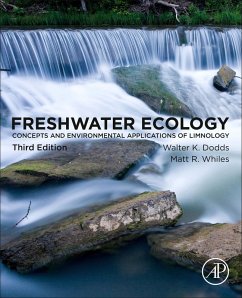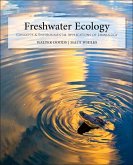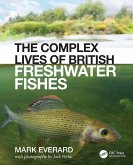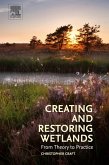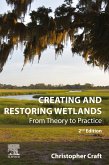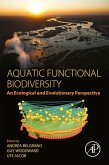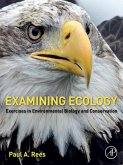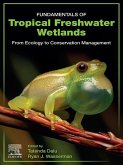Freshwater Ecology, Third Edition, covers everything from the basic chemical and physical properties of water, to the advanced and unifying concepts of community ecology and ecosystem relationships found in continental waters. Giving students a solid foundation for both courses and future fieldwork, and updated to include key issues, including how to balance ecological and human health needs, GMOs, molecular tools, fracking, and a host of other environmental issues, this book is an ideal resource for both students and practitioners in ecology and related fields. - Winner of a 2020 Textbook Excellence Award (College) (Texty) from the Textbook and Academic Authors Association - Provides an updated revision of this classic text, covering both basic scientific concepts and environmental applications - Includes additional biography boxes with greater cultural diversity of the featured scientists - Covers expanded content on developing nations, ecosystem goods and services, properties of water, global change, impacts of fracking, molecular tools for classification and identification of aquatic organisms, a discussion of emergent diseases and aquatic habitats, and more
Dieser Download kann aus rechtlichen Gründen nur mit Rechnungsadresse in A, B, BG, CY, CZ, D, DK, EW, E, FIN, F, GR, HR, H, IRL, I, LT, L, LR, M, NL, PL, P, R, S, SLO, SK ausgeliefert werden.

